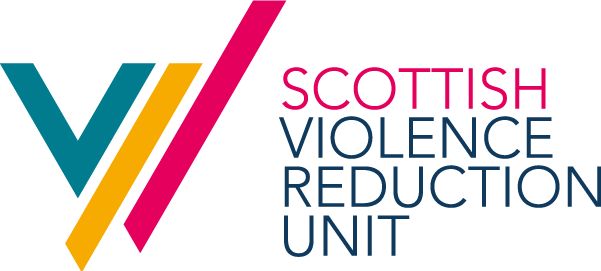Niven Rennie, Director at the SVRU, was recently featured in the Scotland on Sunday as part of a wider investigation looking at the impact of lockdowns on young people. In an op-ed for the paper, he discussed the need for social cohesion and stressed how action needs to be taken now, not later.
The piece was first published here

“We’re the Covid weans. We’re the weans everyone forgot.”
That’s what they tell us. Young lads who went into the pandemic children and emerged as teenagers. Boys now at risk of falling out of school and into a life of violence.
They didn’t have a good lockdown. Home wasn’t a safe place for some, for others the grandparents they lost to Covid were the most positive role models in their lives. They feel alone, overlooked and, in their own words, “depressed”. I’m worried about them.
The pandemic has been tough for most of us. Recovery was always going to be difficult. Compound that with the mushrooming cost of living crisis and we have a lethal combination that will hit society hard.
Will violence levels be affected? Yes. I can tell you that with certainty. They already are. How they will be affected is less certain. For those who deal in stats, don’t be tempted to just drop the lockdown years and carry on counting. You can’t compare 2019 with 2022. We are all different people, living different lives and dealing with different challenges. This is not a ‘new normal’ – it is a different world.
History however always has lessons to guide us. In the 80s, the last time we saw inflation at the level we are currently enduring, we witnessed the dramatic decline of heavy industry. I don’t need to remind those who worked in the shipyards, coal mines and factories of Scotland about this period. It left an intergenerational scar from which the country is still healing.
When alcohol and drugs are society’s coping strategy, then we don’t need a crystal ball to know what’s coming next. Violence. Violence in all its ugly, tragic and entirely predictable forms.
Jimmy Reid understood the connection. The Govan-born trade unionist’s famous Glasgow University speech is unfortunately as relevant today as it was when he made it in 1972. He said: “Alienation expresses itself in different ways by different people. It is to be found in what our courts often describe as the criminal anti-social behaviour of a section of the community. It is expressed by those young people who want to opt out of society, by drop-outs, the so-called maladjusted, those who seek to escape permanently from the reality of society through intoxicants and narcotics. Of course, it would be wrong to say it was the sole reason for these things. But is a much greater factor in all of them than is generally recognised.” He was a smart guy and ahead of his time. Today we might even call him trauma-informed. He recognised the deep-rooted causes of both addiction and violence.
As global gales begin to buffet our society, individuals and whole communities are at risk. Call it alienation if you like, or if that word doesn’t sit right with you give it another label. I don’t care what name you put on it. What I do care about is the people we work with around Scotland facing the storm who need us to work together.
In September 2021, when masks were still in fashion, the Scottish Violence Reduction Unit launched a five-year strategic plan. We did it with a call for a public health response to the after-effects of Covid. We said then that an even greater effort than the one we had just made would be needed.
We were hopeful the message would resonate because we had all just been part of the biggest public health effort in history. We weren’t just jumping on the public-health bandwagon, this is a drum we have been beating for many years. The SVRU were the first-ever police members of the World Health Organisation’s Violence Prevention Alliance. Scotland is a global leader in public health policing. And that’s why I have hope. We know how to tackle the coming storm and the good news is we don’t have to invent a vaccine to do it. All the tools we need, we already have. But we must use them and use them now. Don’t wait until the figures start climbing for violence or poverty – as we know from watching daily graphs during the pandemic, by the time the infection figures start to rise, it’s too late.
A public health response to violence means you need to follow the science. Look at the data, we will only understand the problem if we understand the data. Look at the evidence of the drivers and preventative factors of violence. Test and evaluate what works and when we have evidence that something does work have the ambition to scale it up BIG.
This isn’t a job you can pass over to the police and carry on with your lives. We’ve all played a part in the pandemic response over the last two years, and we must all continue to act. Government at every level – schools, social work, charities, communities, parents, grandparents – whoever you are, whatever you do, you have a part to play.
Our community centres, leisure facilities and groups for old and young that are still closed must reopen. If people cannot come together, then they cannot be communities. The young people who went into the pandemic children and emerged teenagers must be supported and heard. Organisations must break down barriers and genuinely work together sharing knowledge and support for the public and each other.
We have always believed that Scotland can become the safest country in the world. The challenge has definitely grown greater but surely, as Jimmy Reid would say, it’s still a goal worth fighting for.
